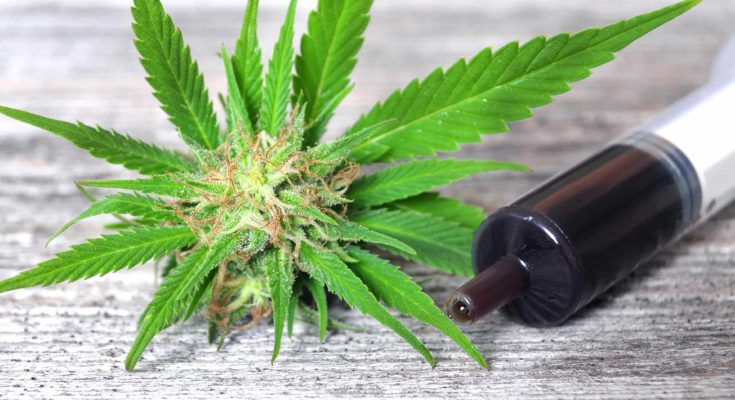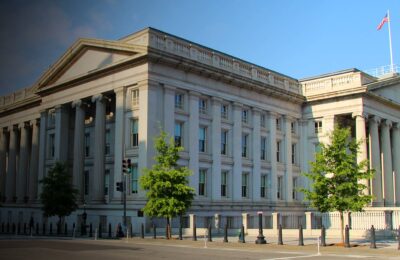It has been widely reported that World Health Organization would officially recommended on December 14, 2017 that cannabis compound cannabidiol (CBD) not be internationally scheduled as a controlled substance.
What is Cannabidiol and is it safe?
Cannabidiol is one of several (probably 200) compounds of the cannabis plant.
At its November 2017 meeting, the WHO Expert Committee on Drug Dependence (ECDD) concluded that, in its pure state, cannabidiol does not appear to have abuse potential or cause harm. As such, as CBD is not currently a scheduled substance in its own right (only as a component of cannabis extracts), current information does not justify a change in this scheduling position and does not justify scheduling of the substance.
However, where CBD is produced for pharmaceutical purposes as an extract of cannabis, cannabis extracts and tinctures are included in the 1961 UN Single Convention on Narcotic Drugs. A fuller review of extracts or preparations containing almost exclusively CBD will take place in June 2018, when the WHO expert committee will undertake a comprehensive review of cannabis and cannabis related substances.
Not scheduling a substance means that it is not subject to strict international controls, including for production and supply. Its legal status in countries is something for national legislators to decide. Some countries have eased regulations around cannabidiol, to consider products containing CBD to be medical products. These include Australia, Canada, Switzerland, the United Kingdom, and the United States of America.
What evidence is there that Cannabidiol has value for medical use?
WHO does not recommend cannabidiol for medical use. Initial evidence from animal and human studies (i.e. a controlled study in the New England Journal of Medicine and other reported individual cases) shows that its use could have some therapeutic value for seizures due to epilepsy and related conditions.
Some people have been using cannabidiol to calm spasms during epileptic fits. The New England Journal of Medicine also published a study lately saying there is some evidence it may be effective during epileptic seizures. This means it could have some medical use but more evidence is needed. (World Health Organization | edited by Loren Fouroux)













